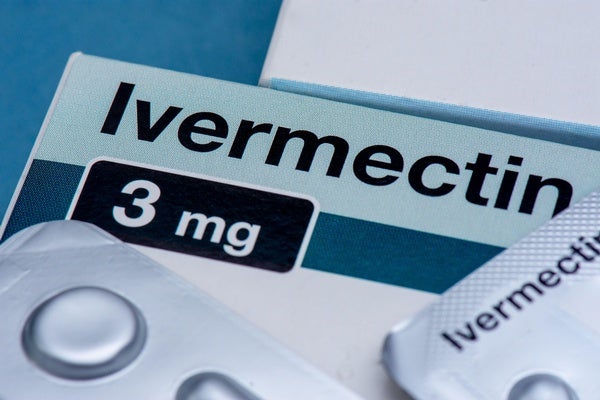 |
| September 29, 2021 |
 |
| |
| |
| |
| |
| |
| |
| |
| |
| |
| |
| Climate Change Earth Could Be Alien to Humans by 2500 Unless greenhouse gas emissions drop significantly, warming by 2500 will make the Amazon barren, Iowa tropical and India too hot to live in | | By Christopher Lyon,Alex Dunhill,Andrew P. Beckerman,Ariane Burke,Bethany Allen,Chris Smith,Daniel J. Hill,Erin Saupe,James McKay,Julien Riel-Salvatore,Lindsay C. Stringer,Rob Marchant,Tracy Aze,The Conversation US | | | |
| |
| |
FROM THE STORE
 | | | |
| |
FROM THE ARCHIVE
 | | | |
| QUOTE OF THE DAY
 "The FDA, the CDC, major media & others hope you'll believe them when they tell you that [ivermectin] was meant only for animals, & that it's dangerous to use for [COVID]." Front Line COVID-19 Critical Care Alliance | |
LATEST ISSUES
 |
| |
| Questions? Comments?  | |
| Download the Scientific American App |
| |
| |



